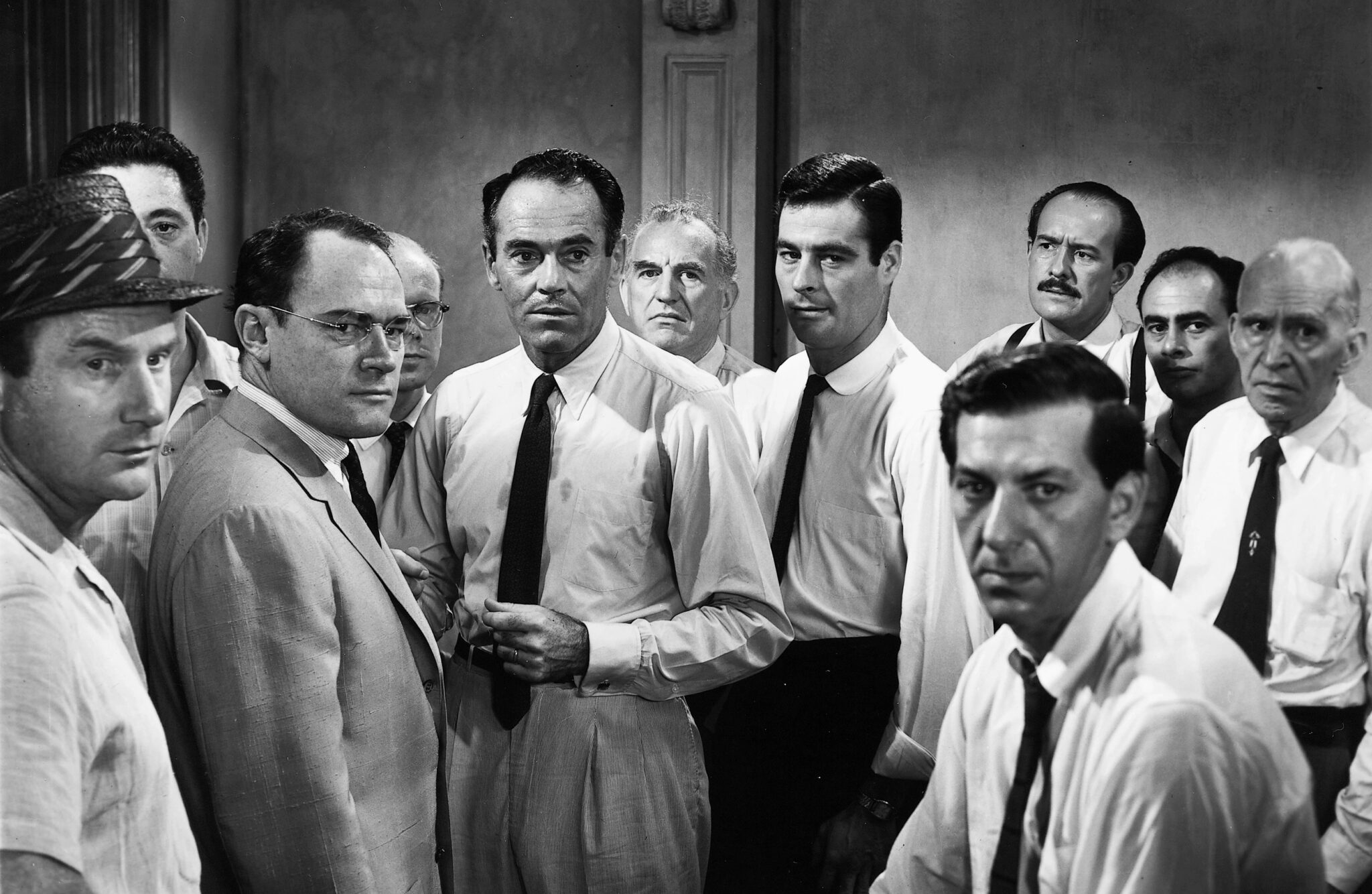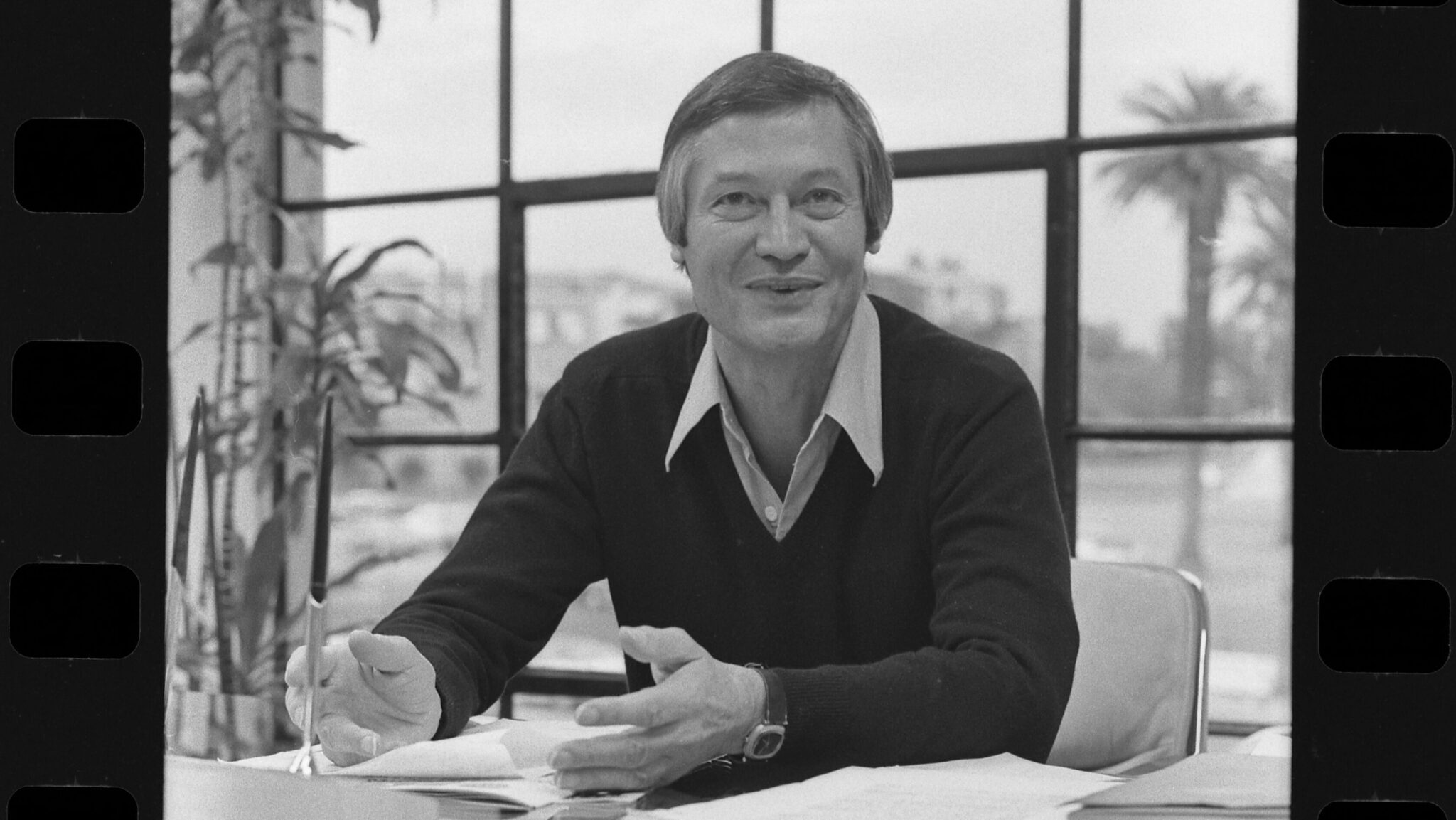4 Playwriting Tips from a Geffen Playhouse Reader

I recently wrote my first play as a creative exercise, spurred on by the romantic lure of the theatre and its particular energy. Once I’d finished it, I wasn’t quite sure what to do with it so I reached out to the Geffen Playhouse, a renowned theater and not-for-profit organization dedicated to enriching the cultural life of Los Angeles through plays and educational programs that inform, entertain and inspire. They offered to connect me with their readers for some feedback and playwriting tips, and I gladly accepted.
Here are four of the most thought-provoking playwriting tips I was given that speak to that craft specifically, in distinction from screenwriting, short stories or other formats. They might seem obvious, but they weren’t something I had deliberately concentrated on during my first draft. I absolutely applied them during my revisions — and I pay close attention to them when reading plays or going to live performances.
Read More: What Pro Script Readers Consider When Reading Cinematic Stage Plays
Got a great stage play? Enter it into the ScreenCraft Stage Play Writing Competition!
Theatricality
What is it that makes your story a live stage play, rather than, say, a film? Theatricality is a particular quality belonging to the theater and to live performance. Two of my favorite examples happen during Broadway's smash hit Hamilton:
During the song Satisfied, the scene rewinds to retell a moment from Angelica’s perspective. Angelica stands still as the characters whirl backwards around her, the music rewinds, the lights change, and the memory resets before catching back up to the present.
During the song Hurricane, the revolving stage floor spins around Hamilton while characters lift furniture in a tableau reminiscent of “the eye of a hurricane.”
Both of these moments are visually impactful to behold. They bring the words, music, emotions and experiences of the characters to life in a specifically theatrical way.

Hamilton (2015-)
The settings are certainly part of the theatricality of the play. In Proof, by David Auburn, the entire play takes place on the front porch of a house throughout various sequences in the characters' lives. The film adaptation takes place throughout that house but also across the academic town where the story takes place and beyond. What makes the play theatrical, compared to the film, is the intimacy of that front porch and the revelations that occur there for the small cast of characters.
Pulitzer Prize-winning playwright Paula Vogel calls this “spectacle” or “plasticity” — referring to how the stage feels. What is it about your play that transforms the writing from a black box to an experience?
The Engine that Drives the Play
There are a variety of ways to propel a story forward. A plot-driven play, such as Twelve Angry Men written by Reginald Rose, depicts a jury of men considering a homicide trial. The twelve men must unanimously reach a verdict of “guilty” or “not guilty” — their journey to a verdict is what drives the play.
Closer, written by Patrick Marber, is a character-driven play that follows four characters and their intertwined lives as lovers, rivals, and antagonists. They seduce one another, betray each other, long for each other, mock each other, and surprise one another. Their relationships and emotions are what keep the story moving forward.

12 Angry Men (1957)
A play can also be language-driven — a very heightened sense of artistry that works particularly well in the theater. David Mamet is known for his dialogue, described by Springfield Contemporary Theatre as “cynical and street-smart…[with words that are] often blunt, short, slangy, and colloquial. In studying the plays for performance, actors and directors quickly recognize, however, that the language is precise, rhythmical, and is chosen for sound as well as for meaning and that the profanity is used for its percussive as well as expressive range.”
Read More: David Mamet Quotes on Filmmaking
Mamet himself said of his work that, “It’s an attempt to capture language as much as it is an attempt to create language,” and while his plays have been adapted for the screen, the more realistic framework of filmmaking rarely allows for language-driven stream-of-consciousness monologues or breaking the fourth wall.
These decisions change the experience of a play in particular; imagine, for example, the latter. When a character speaks directly to the camera in a film or TV show, it’s one thing. When you’re in the audience and the actor speaks to you, it’s quite another.
Clear Convictions
The most moving pieces of art are the ones that do not just seek to entertain but to synthesize the human experience. Plays provide a particular satisfaction with their ability to offer an experience to both the creators (especially the actors) and the audience — who experience the art together in real time.
Slave Play by Jeremy O. Harris is about race, sex, power, trauma, and interracial relationships that has recently made headlines for its shock value. The title refers to the history of slavery in the United States as well as to sexual role-play involving slavery. The shocking experience drives its themes home by placing mirrors onstage that reflect the audience back at themselves, allowing them to see their own reactions and those of their neighbors.

Slave Play (2018-)
The Geffen Playhouse focuses on playwrights with convictions that are always clear and strong but never forced. In The Lonely Few, written by Zoe Sarnak and Rachel Bonds, the themes of the play center around addiction, commitments to each other and ourselves, and pursuing dreams — while also allowing for race relations and same-sex love free from persecution or oppression. The convictions of the playwrights in this sense were clear (“love is love”) but unforced — indeed, unacknowledged and therefore normalized and uplifted.
Entertain and Challenge the Viewer
Geffen Plays are bold and relevant to our current times and issues. The stories entertain audiences while also challenging them. In Man of God, written by Anna Ouyang Moench, four members of a Korean Christian girls’ youth group discover that their revered pastor has hidden a camera in their hotel bathroom. The issue at hand — abuse of young girls at the hands of a trusted adult man — is deeply uncomfortable, tragic, and all-too prevalent. The play itself manages to explore its themes with a mix of humor and poignancy. The theatricality is vividly brought to life with the girls’ increasingly violent revenge fantasies.

Man of God (2020)
Plays are an opportunity to deliver a sacred experience — one that has existed for humans as long as we have. Hunters would reenact their kills around the campfire in early civilization. Oral stories were passed down for entertainment and education long before the written word was developed. Coming together live and witnessing art and the recreation of the human experience is moving, entertaining, exciting, touching, and deeply intimate. Your play is an opportunity to tap into that magic and history in a way no other creative form can.
---
In contrast to screenwriting, playwriting has no clear formatting rules. It is nearly a blend between screenwriting and prose. The constraints of the stage invite imagination that the writer is encouraged to provide details about — while understanding that the director and actors will collaborate, perhaps differently in every performance and iteration. A play is an immersive experience — live, unpredictable, unfolding with audiences. Audience responses influence performances. It is a deeply connected artistic format and it invites particular creativity, magic, and possibility. It should be treated as precious and exciting because it is.
Happy writing!
Read More: Stage Plays vs. Screenplays: 7 Differences You Should Know About
 Shannon Corbeil is a writer, actor, and U.S. Air Force veteran in Los Angeles with recent appearances on SEAL Team and The Rookie. She was also a 2023 DGE TV Writing Program Finalist, and her screenplays have placed in various contests. You can read more about her on her website or come play on Instagram and Twitter!
Shannon Corbeil is a writer, actor, and U.S. Air Force veteran in Los Angeles with recent appearances on SEAL Team and The Rookie. She was also a 2023 DGE TV Writing Program Finalist, and her screenplays have placed in various contests. You can read more about her on her website or come play on Instagram and Twitter!
CHECK OUT OUR PREPARATION NOTES SO YOU START YOUR STORY OFF ON THE RIGHT TRACK!
Get Our Screenwriting Newsletter!
Get weekly writing inspiration delivered to your inbox - including industry news, popular articles, and more!





























